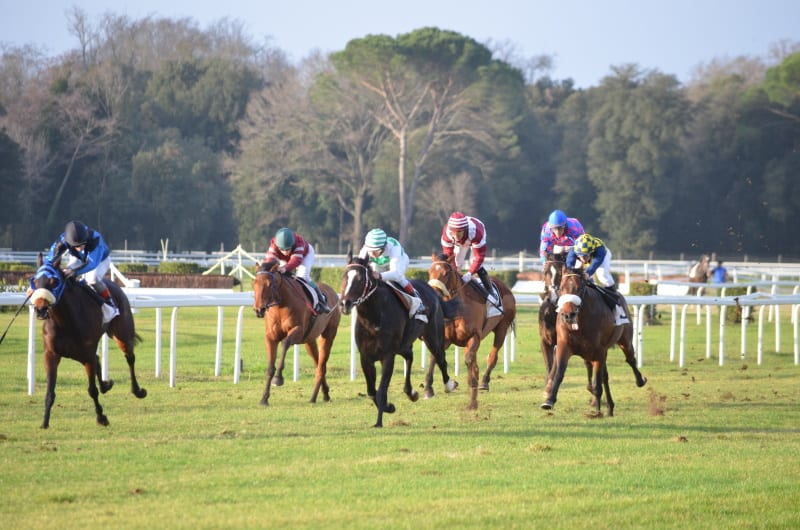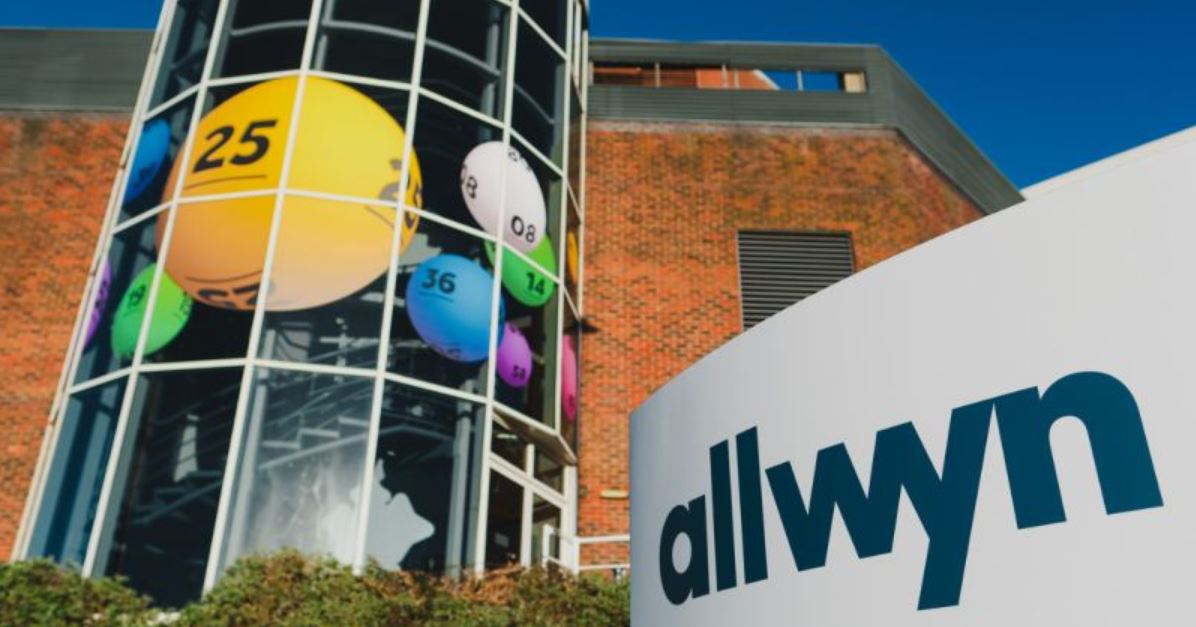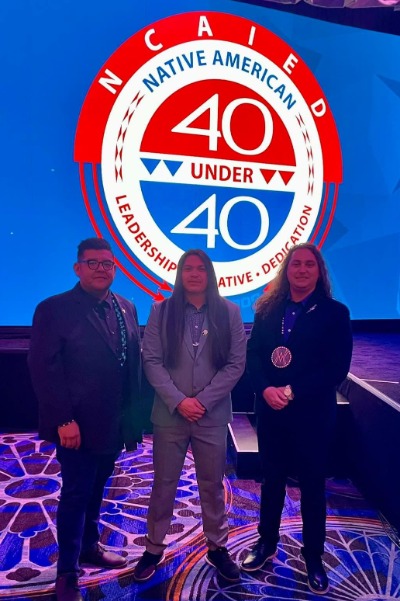
GC boss Andrew Rhodes again rejected arguments that “intrusive” affordability checks were driving customers into the black market.
To stem the growing storm surrounding affordability checks, Andrew Rhodes, the chief executive of the Gambling Commission (GC), has spoke at the largest gathering of industry leaders to date on November 10th.
Amid conflict with stakeholders across the UK betting landscape, Rhodes sought to outline the challenges facing the industry in implementing the Government’s Gambling Law Review White Paper.
Polarization of affordability
Recognizing the increasing polarization within the industry, Rhodes wanted to reaffirm the Commission’s impartiality as an independent regulator.
“We have clear legal goals and responsibilities. “We have no commercial interest in what is happening, but that does not mean we ignore the commercial realities,” he said.
“The debate about gambling has been extraordinarily difficult over the past year. We’ve challenged people who misrepresented statistics, and we’ve tried to bring some balance and evidence to the arguments.
“Everyone is entitled to their opinion but some of what happened was an unpleasant sight. I’m not sure it helps anyone.” He continued.
Rhodes has previously highlighted the controversy in certain sections of the press over the government’s approach to gambling reform. In particular, he drew attention to “deliberate misinformation…aimed at clouding debate and torpedoing the implementation of government policy.”
Rhodes went on to outline the progress made in eliminating extreme cases of gambling harm over the past 12 months. The Commission believes that this is a strong example of the collaborative approach that can be taken with industry.
Black market risks “overrated”
Despite the risk of illegal gambling due to “intrusive” affordability checks, Rhodes believes the risk is overstated. He added; “That doesn’t mean there’s no risk, as I’ve said many times. That doesn’t mean there aren’t problems.
“I hear a lot of anecdotal examples from you, but we need to turn this into something actionable. I am sincerely grateful to those who provided us with confidential information that helped us in this area.”
The key, Rhodes said, is balancing industry growth and customer sustainability.
This is a “call for the industry to come together and navigate the changing legislative landscape”. He added.
Affordability: No special treatment for horse racing

Despite the “extraordinarily difficult and at times very bitter debate” last year, Rhodes warned that the racing industry would not receive any special treatment.
“It is not the role of the commission to consider or advise on the wider impact on any particular sport – that is the role of the DCMS,” he said.
This statement comes as Jockey Club CEO Nevin Truesdale’s petition to end affordability tests reaches 70,000 signatures.
To counter the horse racing sector’s resistance to affordability testing, Rhodes highlighted research into patterns of play. The report says the most profitable 1 percent accounts for 70.4 percent of gross gaming revenue (GGY).
His conclusion is that “horse racing is not only critically dependent on operators’ money losses from gambling, but also relies on 70 percent of that money coming from a five times smaller proportion of bettors.”
Or in other words: “This is about unlimited and, in the truest sense of the word, uncontrolled gambling losses in a sport in order to support the growth and continued existence of that sport.”
Go forward
Rhodes outlined the Commission’s vision and confirmed that the UKGC is currently working on developing its new three-year corporate strategy. It will be released next spring and will “focus on clear communication and building effective partnerships.”
At the end of his speech, Rhodes wanted to highlight the progress the industry has made over the last 12 months. “Ultimately, if we can all commit to working together, this will lead to better regulation, better outcomes and safer, fairer and crime-free gambling across the UK.”







